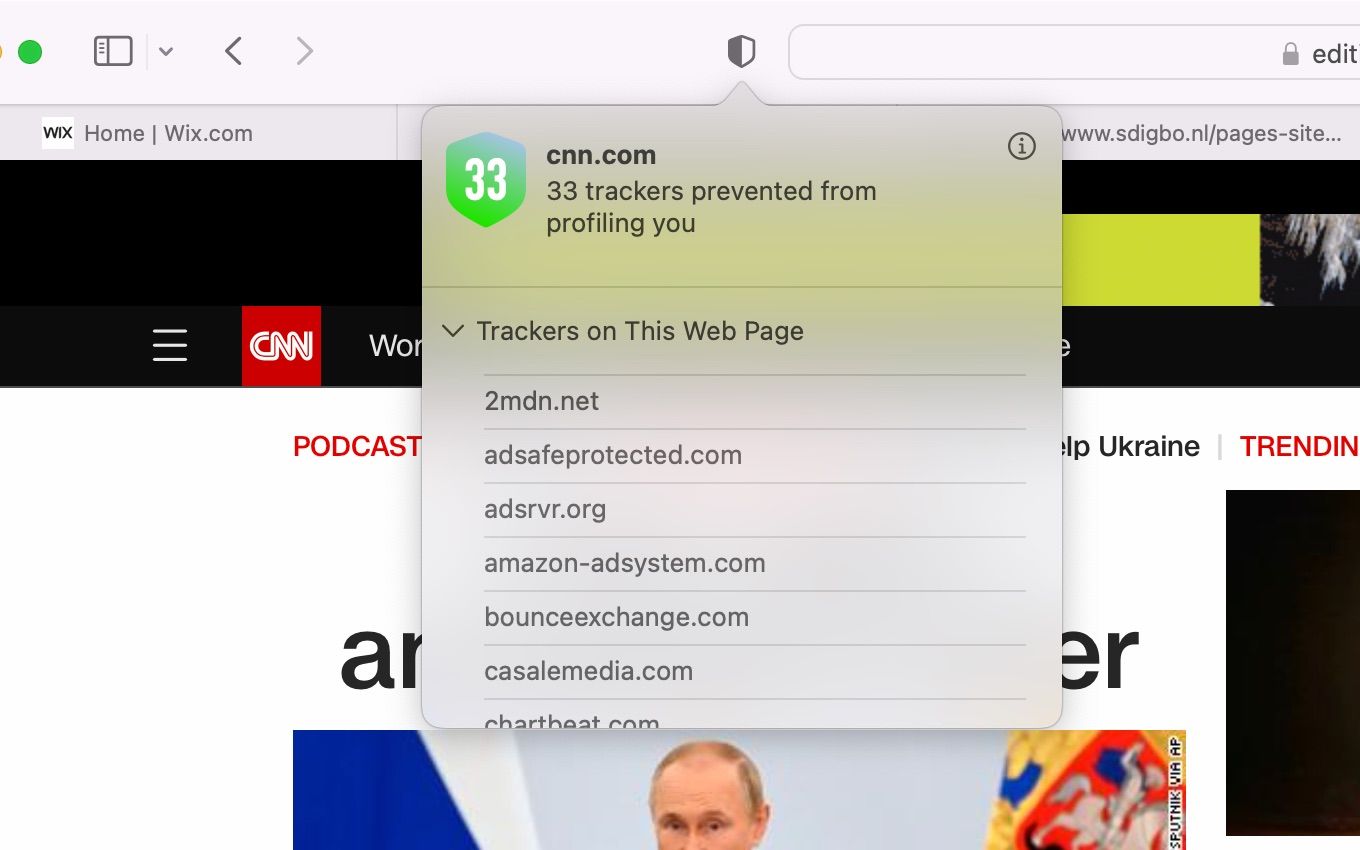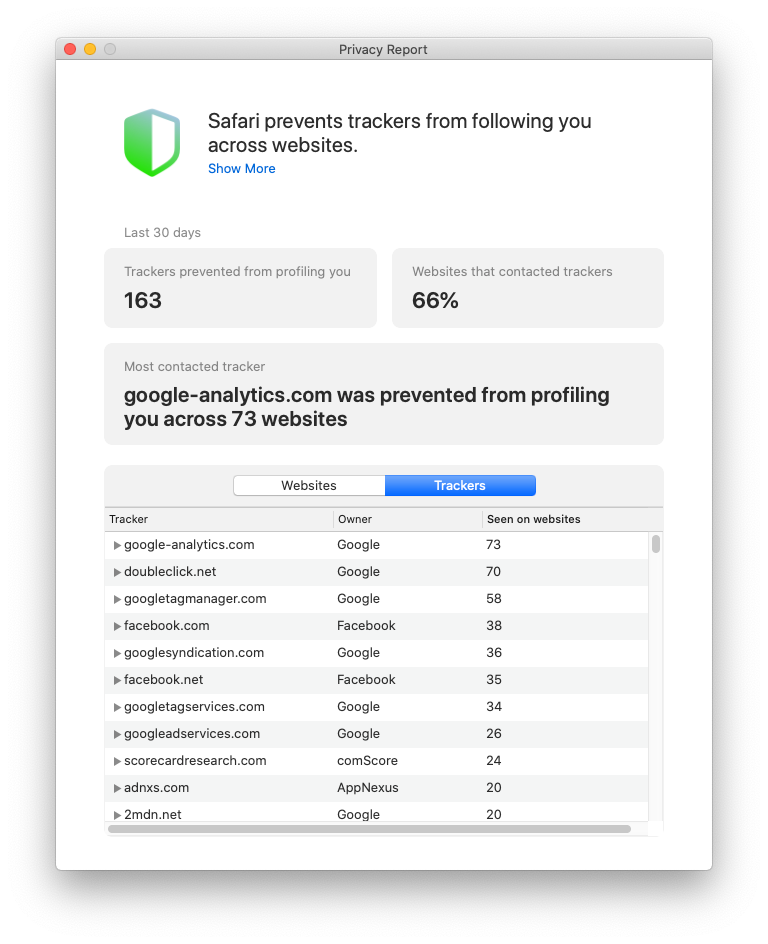Internet tracking: how to put a stop to it
I, like most other internet users, am routinely followed as I browse the internet. There is a sneaky note on my back with who I am. How do you regain some privacy?

How does that tracking work?
An ad network may leave a cookie on your computer when you visit a web page that makes you identifiable. That doesn't seem like a big problem at first glance. But it becomes a concern if it turns out that the network consists of all the websites you visit.
Think of it this way, a cookie from such a network is like having a note pinned to your back unnoticed that says: I'm crazy. Everywhere you go you get a pitying or mocking look and you yourself have no idea why. Very annoying, almost bullying behaviour.
That in itself is annoying, but it still seems like the network doesn't know that much about you. A note on the back and that was that. But because it is a network, all data from other visits are linked.
And the networks also exchange data about you among themselves. Then a grimly precise picture of your activities emerges.

And it gets personal
And because you personally give out information within this network, for example by logging into Google or social media sites, or filling in forms. This quickly creates a more complete picture of your online behaviour. Then, because you also log in on your mobile, via site or app, your behaviour on mobile also becomes linkable.
You can imagine that quite a lot becomes known about you. The note then no longer contains a silly text, but a highly personal number. The network's files then record your behaviour (psychographic) and additional data such as your name, email address, region or IP number.
The information about you is then traded by data brokers to advertisers, who can target you (as a segment). For targeted offers made with characteristics or behaviour. But also political movements that analyse whether you belong to their target group based on your behaviour and expressions, as in the big Facebook scandal.
A solution through the publisher
The other day I read a report from a major website (Tweakers) that had decided to stop offering ads through the networks and their trackers. The publisher chose to place the ads based on the context of the page. So, no more peeking by strangers within a network on that site. Everything goes through their domain, nothing is actually known about the visitor, and no information is passed on to third parties. A brave move.
How does it work? Their ad platform places the ads itself. In this case, through a party called Adhese. It does still set a voluntary cookie that ensures you don't see the same banner too often. But if you already find that objectionable, you can also reject that cookie.
In any case, for me as a visitor it provides a lightning-fast website where you can also assume that you will be received discreetly. A nice thought and a way that for conscious visitors actually counts as a commendation and a sign of trust.
It is very tempting to add free Google Analytics for tracking because that gives insight but also can be the basis for remarketing. So presenting an advert in Google's search engine or another site to someone.
A solution for you as the visitor
One solution is to prevent the website you visit from setting tracking cookies. There are quite many solutions for this, but who has time for that? Because it also has to be done on the many devices of the partner, the children, etc. And then another browser breaks down and needs to be reinstalled, or there are also multiple browsers. It's almost impossible to keep up.
However, it is now built into Apple's Safari browser by default (Intelligent Tracking Prevention, ITP). And there, blocking is also on by default. If we would rather not be fooled, and spied on, it is to be hoped that this will soon become the standard setup. Google says they aim to make standard blocks part of their Chrome browser in 2023.




